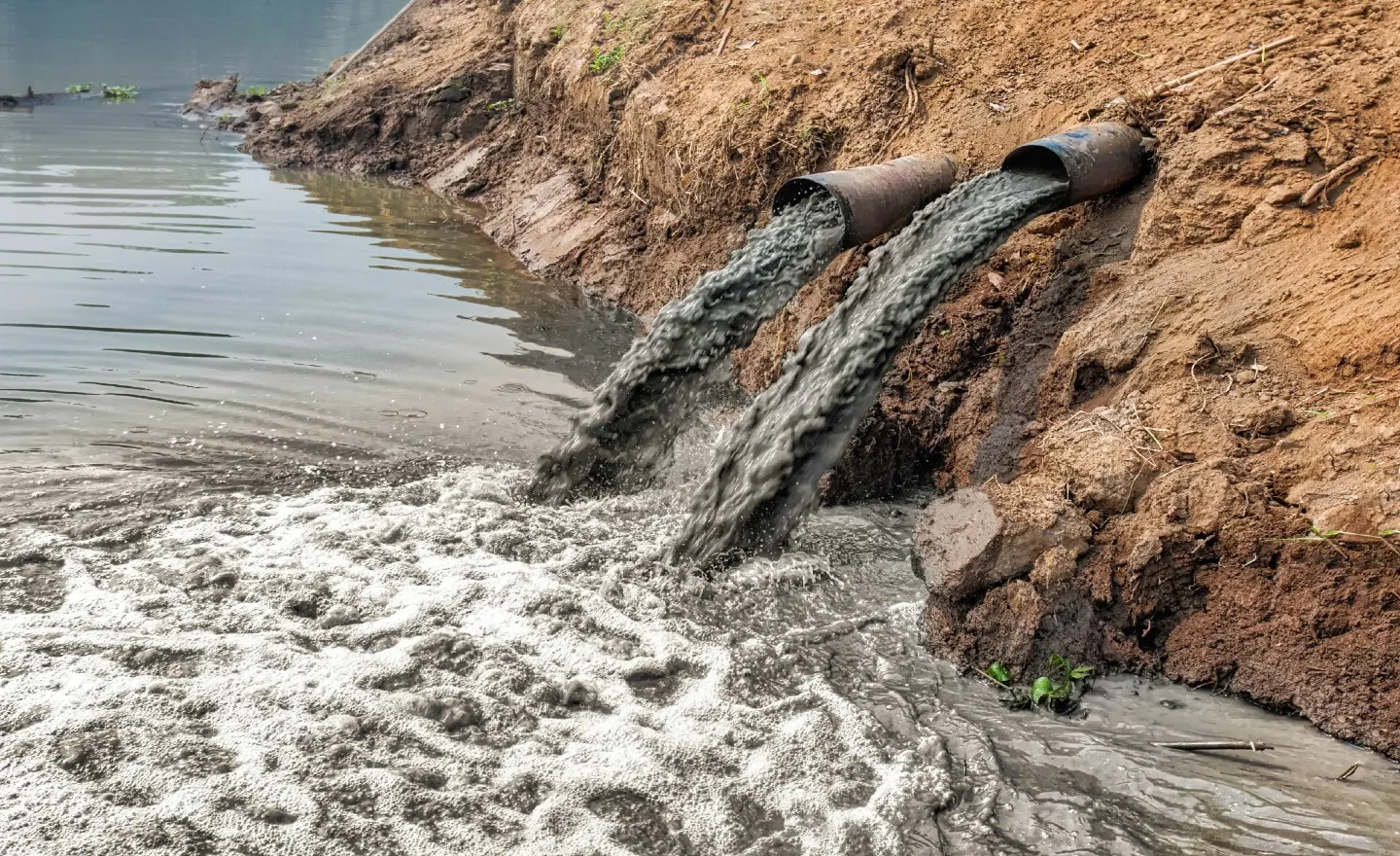Many things may lead to water pollution. Chemicals or microorganisms might make their way into the water supply, or people may throw their trash away irresponsibly, causing it to end up in the water. Water pollution can be toxic to humans, leading to health issues. As humans need water to survive, people need to know the alarming effects of this pollution on their health.
Safe Water
Humans need water for more than personal consumption. This resource is also used in manufacturing and for social and economic development. Sadly, billions worldwide don’t have access to clean drinking water, and more than half of the world’s population lacks managed sanitation services. Billions live in areas with less water than is needed, and this problem continues to grow. Water pollution is worsening in most rivers in Africa, Asia, and Latin America, so these issues will only escalate. People are hurt by contaminated water every day.
Water Pollution Sources
Water is a solvent, making it highly prone to pollution. Sewage and wastewater are two sources of water pollution. Wastewater is water used by humans or rainwater that washes contaminants such as road salt into waterways. According to the United Nations, eighty percent of wastewater isn’t treated or reused before being returned to the ecosystem.
Agricultural producers consume large quantities of fresh water in America. This industry is also a primary source of water pollution. Rainwater picks up animal waste, fertilizers, and pesticides and carries them to waterways. This contaminated water contains phosphorous and nitrogen, which lead to algal blooms. Algal blooms are dangerous because they produce toxins that harm humans and animals. When the blooms die, they decompose and produce bacteria that use the water’s oxygen. Fish cannot live in dead zones brought on by the decomposition of algal blooms. Water pollution not only affects ecosystems but also has a significant impact on human health, often forcing us to reconsider the sources of our hydration and beverages. For those who enjoy sparkling drinks at home, using eco-friendly options like 60L CO2 gas cylinders for sparkling drinks ensures a refreshing experience while minimizing waste. This sustainable choice aligns with efforts to reduce environmental harm and promote healthier living.
Garbage
Humans generate billions of tons of waste yearly, much of which is plastic. This garbage can enter the water supply in several ways. Debris might fall from a ship, or trash could blow into the water from other areas. People often throw their garbage away carelessly, and it ends up in the water. When this trash enters the water, it may harm humans and marine animals. As the plastic breaks down, microplastics form. Fish might eat these plastics. When humans eat fish, they may also consume plastics. Over a million seabirds die each year after eating trash in the ocean.
Oil and Radioactive Waste
When people think of ocean oil spills, they blame tankers. However, cities, farms, and factories also spill oil into the ocean. Radioactive waste is another concern regarding water pollution. This waste remains for thousands of years. When it enters the water, humans and marine life can be harmed.
Fracking
Fracking is a source of water pollution. Miners extract oil or natural gas from rocks using water and chemicals. The high pressure used to break the rock creates a fluid. This fluid is contaminated and may pollute underground water sources.
Human Health Concerns
Water pollution may lead to humans ingesting microplastics, which can also enter other products, including salt and beer. When humans ingest microplastics, oxidative stress and inflammatory reactions are concerns. Researchers believe these microplastics can also bring about metabolic disorders.
According to the World Health Organization, billions of people drink water contaminated with feces. This water may contain the bacteria responsible for cholera, typhoid, polio, and other diseases. Hundreds of thousands of children die each year from this contaminated water.
Water pollution is a serious issue, and every person must be concerned about how it impacts their health. Limiting water pollution must be a priority. See a doctor immediately if you have come into contact with polluted water. Early treatment helps reduce the impact of this contact.



